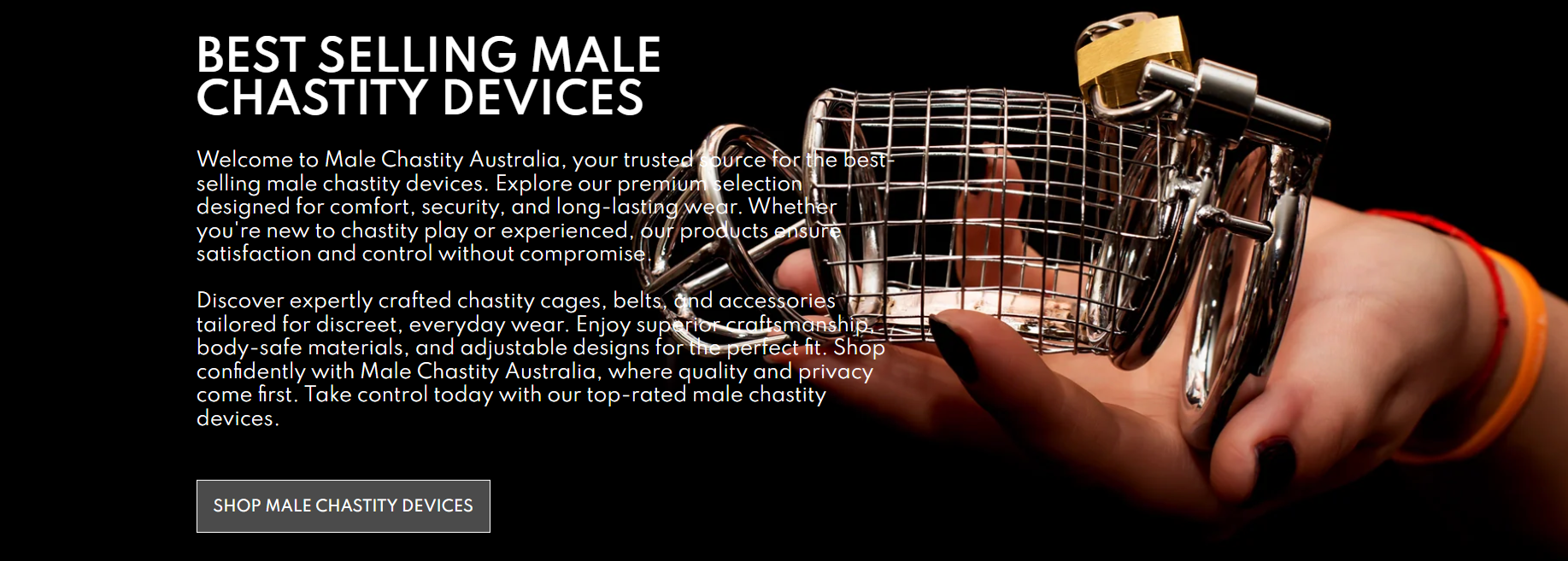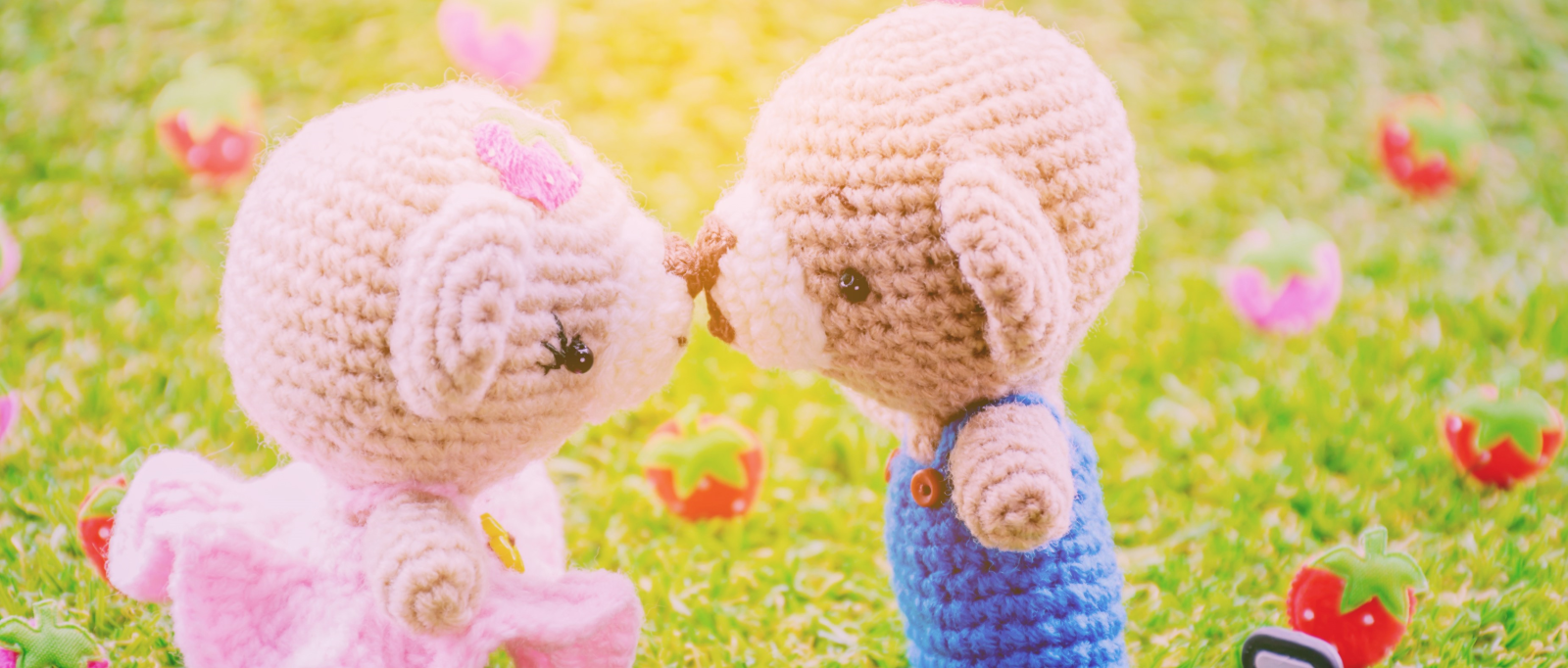In an era where the lines between reality and artificiality continually blur, it’s not surprising that some men have started to favor life-sized love dolls over real women. The increase of Men Loving Dolls has sparked an array of responses, raising eyebrows while also piquing curiosity.
Understanding the Phenomenon
The phenomenon of men preferring dolls over real women is a complex issue, intertwined with elements of psychology, sociology, technology, and sexuality. While it’s easy to paint these men with a broad brush of judgment, a closer inspection reveals a nuanced spectrum of motivations and experiences.
The Appeal of Perfection
The first allure of these dolls lies in their physical perfection. Meticulously designed to mirror the human form, these dolls embody what some men consider the epitome of female beauty. Impossibly proportioned and everlastingly youthful, they offer a physical ideal that real women rarely can.
Predictability and Control
Another attractive feature of these dolls is their predictability. Unlike human relationships fraught with emotional ups and downs, interactions with dolls are entirely under the owner’s control. They offer a constant companionship devoid of criticism, judgment, or emotional volatility.
The Comfort of Companionship
Contrary to the common assumption that these dolls are solely for sexual gratification, many owners view them as companions. For some, dolls fill an emotional void, providing a comforting, albeit silent, presence. Some owners even attribute improved mental health to their doll companionship, indicating a deeper emotional bond than one might expect.
The Psychological Underpinnings
While the motivations behind doll ownership are multifaceted, it’s worth delving into the psychological aspects that underpin this preference.
Addressing Loneliness
Loneliness is a universal human experience, and for some, dolls offer a tangible antidote. In an increasingly isolated world, these inanimate companions can provide a sense of belonging and emotional support. This phenomenon is not exclusive to doll owners — similar trends have been observed with plush toys and virtual pets.
Navigating Relationship Challenges
Some men turn to dolls as an alternative to navigating the complexities of human relationships. Past experiences of rejection, criticism, or failed relationships can lead to a preference for dolls, which provide a non-threatening and non-judgmental alternative.
Sexual Exploration
Dolls also offer a safe space for sexual exploration. Men can express their desires and fantasies without fear of judgment, rejection, or emotional complications. For some, this can be particularly liberating, especially for those with unique or stigmatized sexual preferences.
The Societal Perspective
The preference for dolls over real women has sparked heated debates in society. Critics argue that these dolls objectify women, reduce human interaction, and potentially foster harmful attitudes towards women. However, these criticisms often overlook the diverse motivations and experiences of doll owners.
Dolls as Objects or Partners?
One of the most contentious debates revolves around whether dolls are mere sex objects or legitimate romantic partners. While critics argue that dolls promote the objectification and commodification of female bodies, others contend that they fulfill a legitimate need for companionship.
Navigating Social Stigma
Many doll owners face social stigma and judgment. Society often views these men as lonely, misogynistic, or socially inept. The reality, however, is far more complex. Doll owners come from diverse backgrounds, with varied motivations and experiences. It’s essential to challenge these stereotypes and foster a more nuanced understanding of this phenomenon.
The Legal Landscape
The increasing prevalence of doll ownership has also prompted legal and ethical debates. Some countries have even taken steps to ban certain types of dolls, particularly those resembling children. This raises questions about the rights of doll owners and the potential harm or benefits associated with doll ownership.
The Future of Doll Ownership
The future of doll ownership is intricately tied to advancements in technology. As AI continues to evolve, the lines between human and artificial companions will blur even further. Future dolls may offer interactive experiences, blurring the lines between object and partner even more.
The Advent of AI
The advent of AI has the potential to revolutionize doll ownership. Future dolls could offer conversation, learning, and even emotional responses, making them increasingly indistinguishable from human companions. This could further deepen the emotional bonds between owners and their dolls, adding a new layer to the doll ownership experience.
The Ethical Implications
As dolls become more lifelike, ethical questions will inevitably arise. What rights should dolls have, if any? How should society navigate the increasingly blurred lines between humans and artificial beings? These are questions that society will need to grapple with in the future.

Men Loving Dolls
The phenomenon of men preferring dolls over women is a complex issue that resists simple explanations. It’s a reflection of diverse motivations, experiences, and societal trends. As technology continues to evolve, this trend is likely to become increasingly prevalent, prompting important conversations about human relationships, sexuality, and the role of artificial companions in our society.
The Appeal of Sex Dolls
The attraction to sex dolls is rooted in their ability to provide a sense of control and fulfil desires without fear of rejection. For many men, dolls offer a safe space to explore intimacy and companionship on their own terms. Unlike human relationships, which can involve misunderstandings or emotional complexities, dolls present a predictable and customisable alternative.
The ability to personalise a doll’s appearance and features adds to their appeal. Men can choose everything from hair colour to body type, creating an idealised partner that aligns perfectly with their preferences. This level of control can be especially comforting for individuals who have experienced rejection, social anxiety, or challenges in traditional relationships.
Beyond physical attraction, dolls often alleviate loneliness. Many men develop emotional connections with their dolls, viewing them as companions rather than objects. This bond provides comfort and stability, especially for those who feel isolated or find it difficult to form close connections in a conventional context.
Psychological Motivations
The psychological motivations behind men’s relationships with sex dolls are deeply personal and multifaceted. Social anxieties, past trauma, or feelings of inadequacy in relationships often play a role. For some, interacting with dolls offers a way to experience intimacy without the vulnerability or pressure of human interaction.
Research has shown that men who own dolls are not necessarily detached from reality or incapable of forming relationships. Instead, many use dolls as a tool to manage insecurities and explore intimacy in a controlled, judgment-free environment. For example, a study in The Journal of Sexual Medicine highlighted that dolls often serve as an outlet for individuals who seek a safe and private space to fulfil their emotional and sexual needs.
Dolls can also act as therapeutic tools for self-discovery. By engaging with a doll, men may better understand their desires, preferences, and boundaries, which could help them navigate future relationships. The psychological benefits of this controlled interaction go beyond physical pleasure, offering comfort and emotional security.
Emotional Attachments to Dolls
For many men, the relationship with a sex doll goes beyond physical attraction, evolving into a deep emotional bond. These attachments often provide companionship and stability, qualities some find challenging to experience in human relationships. Dolls offer a sense of reliability; they neither judge nor demand, which creates an environment of unconditional acceptance.
Stories from doll owners frequently highlight how these relationships mimic traditional partnerships. Some men talk to their dolls, share daily routines, or even take them on outings. These behaviours underscore the emotional connections formed, where the doll becomes more than an object—it becomes a confidante or life partner. In certain cases, these bonds have been therapeutic, helping individuals cope with grief, loneliness, or social isolation.
While these attachments may appear unconventional to outsiders, they fulfil fundamental human needs for connection and stability. For the men involved, these relationships represent a unique way of navigating emotional fulfilment on their terms.
Societal Perceptions and Stigma
The concept of men forming relationships with sex dolls often faces harsh judgment and ridicule in society. Many view it through a lens of misunderstanding, assuming doll owners are socially inept or incapable of forming human relationships. These stereotypes fail to capture the diversity and complexity of reasons men engage with dolls.
Research and firsthand accounts reveal that most doll owners lead ordinary lives. Their choice reflects personal preferences rather than an inability to connect with people. However, societal stigma can deter open conversations about these relationships, perpetuating misconceptions and shame.
Challenging these stereotypes starts with understanding. Recognising that the use of dolls often stems from emotional or psychological needs fosters empathy. Open dialogue about intimacy and non-traditional forms of connection can help break down barriers, creating a more inclusive perspective on human desire and companionship.
The Role of Media and Pop Culture
Media and pop culture have played a significant role in shaping public perceptions of men who form relationships with sex dolls. Films like Lars and the Real Girl and documentaries like Silicone Soul attempt to humanise these connections, portraying doll owners as individuals navigating loneliness, grief, or a quest for intimacy. These portrayals often highlight the emotional depth of such relationships, countering societal assumptions about detachment or dysfunction.
However, not all representations are positive. Tabloid headlines and comedic depictions can reinforce stereotypes, framing doll ownership as bizarre or deviant. This polarisation in media narratives impacts how society views these relationships, often deterring men from openly discussing their experiences.
Balanced and empathetic portrayals in media could shift societal perceptions. By showcasing the nuances of these relationships, films, books, and documentaries have the potential to promote understanding and challenge existing stigmas.
The Evolution of Sex Dolls
The evolution of sex dolls from rudimentary designs to hyper-realistic companions highlights advancements in technology and changing consumer demands. Early models were simple, inflatable figures, but today’s dolls feature lifelike skin made from silicone or TPE (thermoplastic elastomer) and intricate facial detailing. These enhancements create a more immersive and satisfying experience for users.
The introduction of AI and robotics marks the next frontier for sex dolls. Modern dolls can feature interactive capabilities, such as speech and facial expressions, enabling more dynamic interactions. Some high-end models even use sensors to respond to touch, simulating a human-like presence.
These advancements cater to a growing market and reflect shifting attitudes toward intimacy and companionship. As technology continues to evolve, sex dolls are becoming increasingly accepted as a legitimate way to meet emotional and physical needs, particularly for those who struggle with traditional relationships.
Ethics and Debate Around Sex Dolls
The use of sex dolls has sparked significant ethical debates, touching on issues of morality, societal impact, and individual rights. Critics argue that dolls may perpetuate unrealistic standards of beauty or reinforce objectification, particularly when they resemble idealised versions of human partners. These concerns have fuelled discussions within feminist and sociological circles, questioning the broader implications for gender dynamics and relationships.
On the other hand, proponents highlight the potential benefits of sex dolls, such as offering companionship to the lonely or providing a safe outlet for individuals struggling with intimacy or trauma. For many users, dolls represent autonomy and personal choice, allowing them to navigate relationships on their terms.
Balancing these perspectives requires nuanced conversations. While it’s important to address ethical concerns, it’s equally essential to respect individual freedoms and recognise the legitimate needs these dolls fulfil. Societal attitudes are gradually shifting, creating space for more open and constructive dialogue about this controversial topic.
Why Men Choose Dolls Over Traditional Relationships
For some men, sex dolls offer a sense of stability and control that traditional relationships might lack. Human relationships can be unpredictable, requiring compromise, emotional vulnerability, and constant effort. In contrast, dolls provide a consistent, judgment-free connection tailored to the owner’s preferences.
Stories from doll owners often reflect their struggles with conventional relationships. Some cite past heartbreak, social anxiety, or a desire to avoid the emotional complexities of dating as reasons for turning to dolls. Others appreciate the ability to explore intimacy and companionship without societal pressures or fear of rejection.
These choices are not necessarily about avoiding human connection but rather about finding a form of companionship that aligns with their needs and lifestyle. By offering a safe and personalised alternative, dolls fulfil emotional and practical gaps that traditional relationships may not address.
Future Implications of Men Loving Dolls
As society becomes more accepting of diverse forms of intimacy, the relationship between men and sex dolls may shift from a niche interest to a more mainstream phenomenon. Advances in technology, such as AI and robotics, could blur the lines between human relationships and artificial companionship. These innovations promise to make dolls even more lifelike and interactive, potentially reshaping how intimacy is experienced.
The growing acceptance of sex dolls also raises broader questions about loneliness, mental health, and societal well-being. Dolls could provide solace to individuals struggling with isolation, particularly in an era where digital connections often replace face-to-face interactions. On the other hand, reliance on artificial companionship might further reduce opportunities for traditional relationships, leading to new challenges in social dynamics.
How society adapts to this evolving landscape will depend on continued conversations about the role of technology in human connection. With a focus on empathy and understanding, we can navigate these changes thoughtfully and inclusively.

Frequently Asked Questions
1. Why do some men form emotional bonds with sex dolls?
Men often develop emotional connections with sex dolls because they provide companionship, consistency, and a judgment-free environment. These bonds can offer comfort and alleviate loneliness, fulfilling emotional needs that might not be met in traditional relationships.
2. Are men who own sex dolls socially detached?
No, research indicates that most men who own dolls lead typical lives. For many, dolls are a personal choice rather than a reflection of social ineptitude. They often use dolls as a tool for managing anxieties, exploring intimacy, or finding companionship in a safe, controlled setting.
3. Do sex dolls impact human relationships negatively?
Opinions on this vary. While some believe dolls could reduce human interaction, others argue they serve as a complement rather than a replacement. For many, dolls address specific emotional or physical needs without detracting from their ability to form meaningful human connections.
4. How realistic are modern sex dolls?
Modern sex dolls are incredibly lifelike, featuring silicone or TPE skin, detailed facial features, and even interactive elements like AI-driven speech and touch responses. These advancements cater to users seeking a more immersive and personalised experience.
5. What are the ethical concerns surrounding sex dolls?
Critics raise concerns about objectification and the reinforcement of unrealistic beauty standards. However, proponents argue that dolls offer a safe outlet for exploring intimacy and fulfil genuine emotional and physical needs. The ethical debate is ongoing, with valid points on both sides.

Risetob is a sex toy reviewer sharing honest, detailed insights to help readers choose products that feel good, work well, and are worth the money.


Leave a Reply